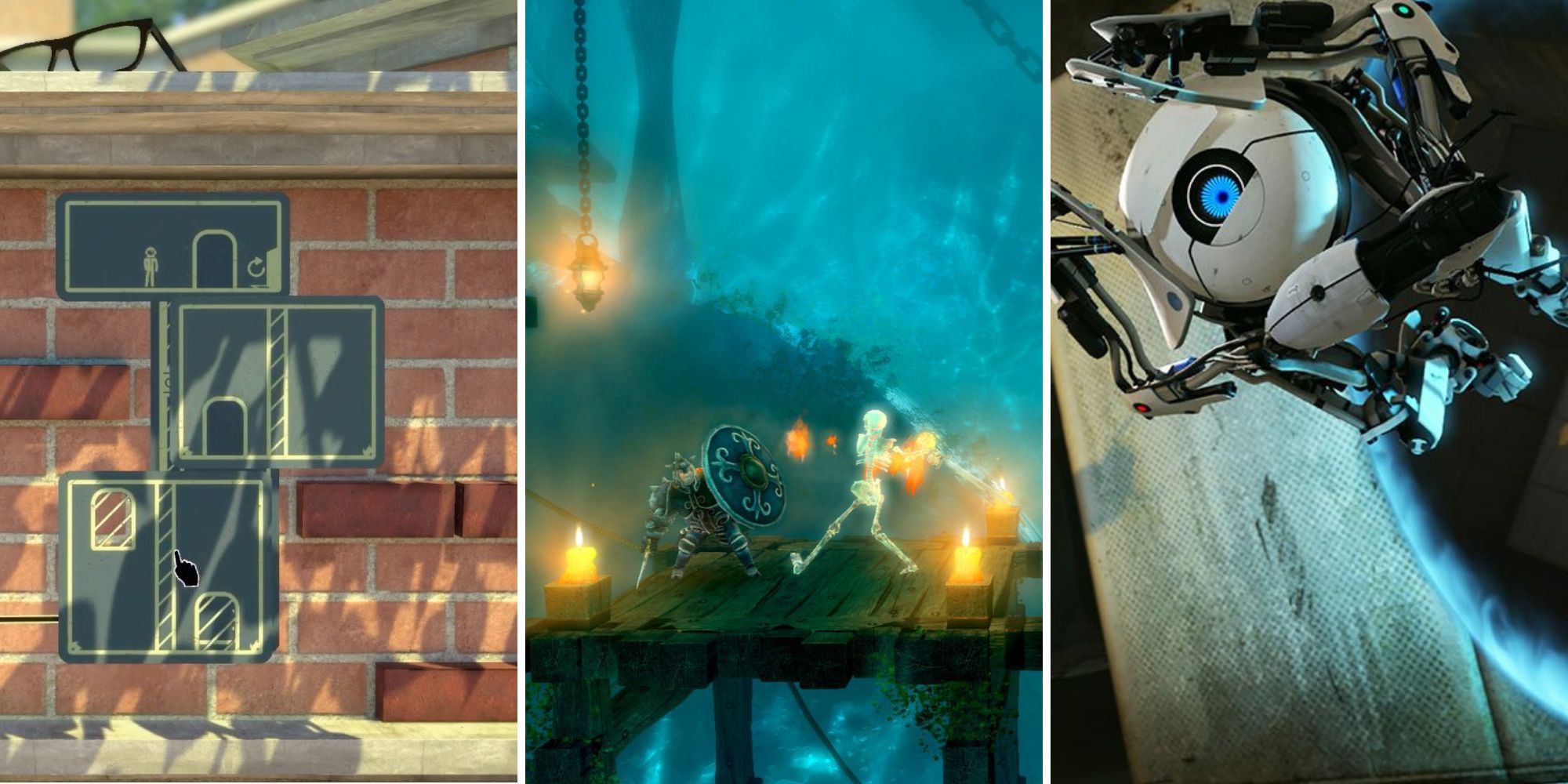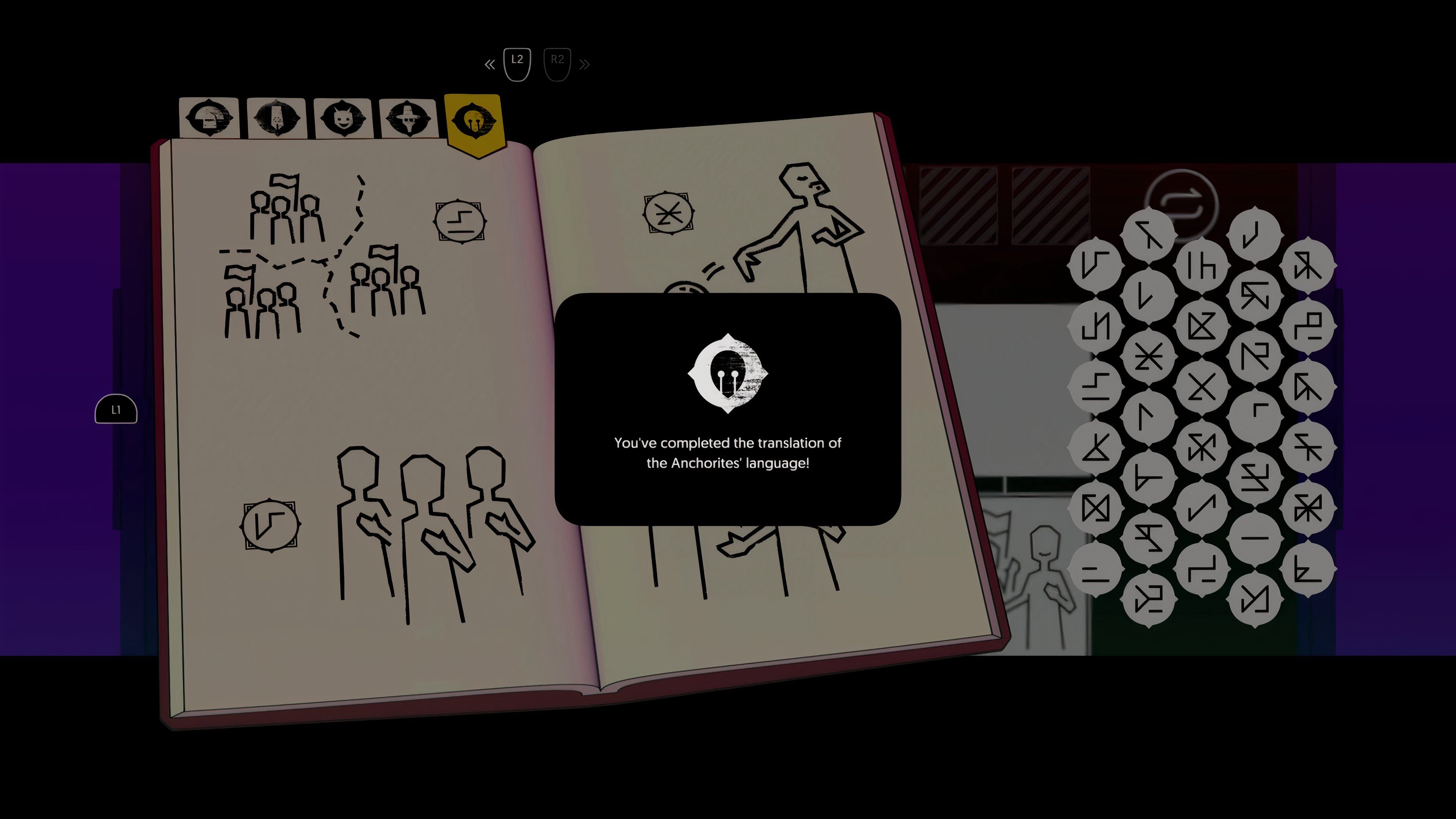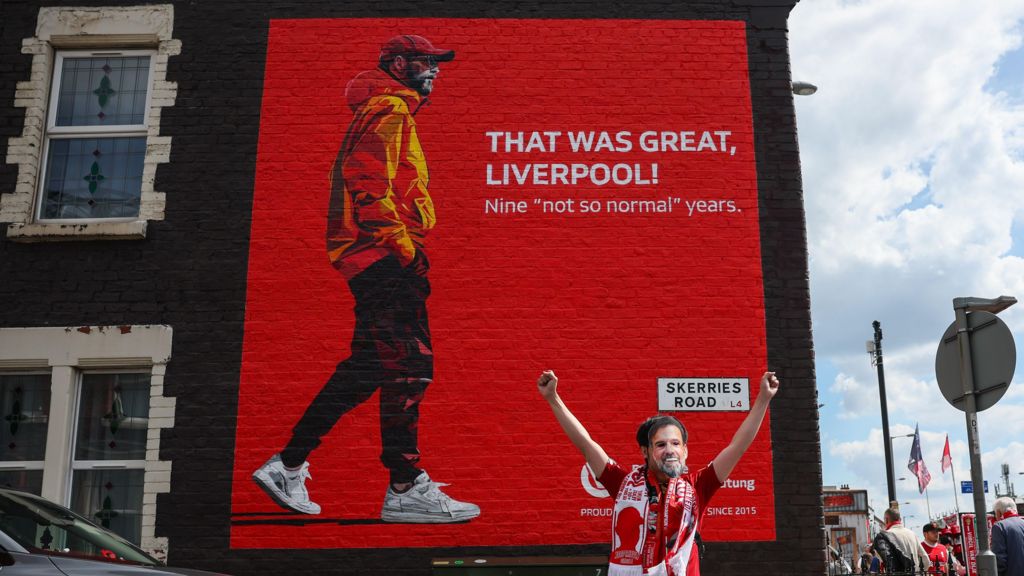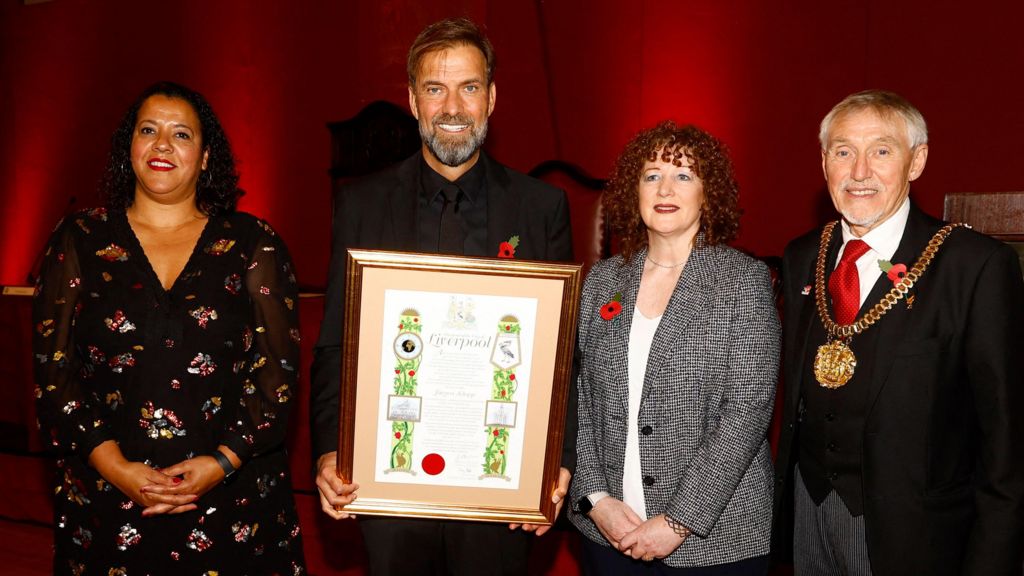Chants of Sennaar introduces a plethora of puzzles, causing players to ponder over them for quite some time. The different areas of the game have different languages and deciphering all of these languages is the protagonist's goal.
Once players have deciphered every language, they can proceed to link all the terminals. This will bring everyone together to achieve the true ending that most puzzle games on Xbox Game Pass do not have. Translating these languages will earn you a trophy/achievement for each language, and bring you one step closer to the true ending.
Players should interact with every possible thing in the game. This adds more Glyphs to the Journal as well as additional pages that need to be deciphered.

10 Best Puzzle Platformers
There are so many puzzle platformers for players, but these are just some of the best that fans should try out if interested
All Glyph Pages In Chants Of Sennaar
There are a total of five different languages in Chants of Sennaar. Each area has a different language, so make sure to interact with posters and murals and talk to NPCs in order to increase the journal pages. The game validates the Glyphs after you have entered them into the pages. If nothing happens when you confirm, this means that one or multiple Glyphs you entered are incorrect. Below are all the languages and images showing the correct solution to their translation.
The Devotees' Language In Abbey
The Abbey is the first area that unlocks after you complete the water level puzzle and help the Devotee cross the bridges. The Devotees' language takes quite some time to decipher, mainly because it is the first language that the player has to translate. Once you understand how the glyphs on the walls and the dialogues with NPCs work, deciphering them should be quite easy.
The Warriors' Language In Fortress
After finding the Preacher's corpse, you will ascend the tower to reach the Fortress, which seems to be the hub where all the Warriors are situated. This area includes a lot of sneaking sections, so you will have to collect what information you can find without getting spotted.
The Bards' Language In Garden
After raising the alarm and sneaking past the guards, you will proceed forward to the beautiful Garden. This area has the Bards' language, and most NPCs can be seen enjoying theater shows. The final section involving the compass can be difficult to understand at first, but a page that you find in one of the rooms will be the key to getting out of this area.
The Alchemists' Language In Galleries
The fourth chapter in the game starts off with a monster chasing you, and its weakness is direct contact with any form of light. After escaping it, you will reach the Galleries where the Alchemists reside. The Alchemists fear the monster in the caves and are researching how to deal with it. After a few experiments in the laboratory, you will make your way to the final area.
The Anchorites' Language in Exile
Exile is the last area in the game, and the smallest in terms of deciphering the language. The Anchorites' language is not an easy one, but most puzzles allow you to completely skip pages.
Once all languages have been deciphered, you will have the option to use the languages to help the people connect via the terminals and help each other.

6 Underrated Sci-Fi Indie Games That Deserve More Attention
This list breaks down some great (and underrated) indie sci-fi games that have flown under the radar for far too long.


:quality(70)/cloudfront-eu-central-1.images.arcpublishing.com/irishtimes/HRGB6KSPBRKBBJQ23GBKL7OSEU.jpg)








